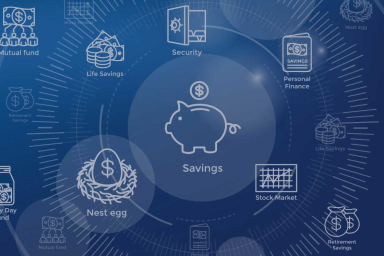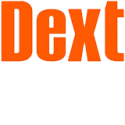Choosing a retirement plan that fits your biz

Helping small business owners like you analyze and identify the best plan for you and your employees
Read time: 3 minutes
If you are like most business owners, you probably think you can’t afford to offer a retirement plan to your employees. In fact, a recent Pew Research survey shows expense as the top reason for not offering a retirement option. This is a huge problem when you consider that studies also indicate that the majority of Americans’ retirement accounts are funded through an employer-based contribution plan.
Aside from the fear of cost, we also understand that choosing a retirement plan can feel overwhelming. But in reality, setting up a retirement plan in your business may be easier and more affordable than you think. You should also consider the many possible perks, such as:
· Available tax credits and other incentives for starting a retirement plan.
· Employer contributions on behalf of employees are tax-deductible.
· Retirement plans are a highly desirable bonus that may help you retain employees and attract high-caliber candidates.
Considering all of this, it may be time to look into a retirement plan for your business. Start by reviewing our concise list below. Be aware that this list is not all-inclusive; additional plans can be viewed by visiting the IRS website.
SEP (Simplified Employee Pension)
Best for: Self-employed people and businesses of any size
A SEP plan allows employers to contribute funds for themselves and their employees—up to 25 percent of each employee’s pay. With a SEP, only the employer contributes to the plan while employees maintain ownership of the money within the account. A SEP has no filing requirements for the employer, nor does it have the setup and operating costs of a conventional retirement plan.
SIMPLE IRA (Savings Incentive Match Plan for Employees)
Best for: Self-employed people and businesses with up to 100 employees
The SIMPLE IRA allows both employers and employees to contribute to the retirement account. There is a mandatory matching contribution for employers of up to 3 percent of an employee’s compensation or fixed contribution of 2 percent. Like the SEP, a Simple IRA has no filing requirements.
401(k)
Best for: Self-employed people and businesses of any size
With a 401(k), employees contribute a portion of their salary to their retirement account, which is invested in securities. Employee contributions are pre-taxed and not reported as taxable income. Employers can contribute to the employee’s plan, and these contributions are tax deductible. Be sure to review current 401(k) retirement plan qualifications on the IRS website for more detail.
Profit sharing
Best for: Self-employed people and businesses of any size
This represents the least restrictive retirement plan that is funded by the employer. Employers don’t have to contribute every year, nor is there a set amount required by law. Contributions must go into a separate account for each employee, and employers have to document how the profits have been determined for each staff member. Contributions are not taxed and earnings grow tax-deferred.
Fear no retirement plan!
Again, setting up a plan for employees can be much easier and cost-effective than you think. Start with this article and then continue to conduct your own research as you work to identify the best plan for your business. Be aware that there are other plans available, which can be reviewed in more detail on the IRS website.
Need help with retirement plan analysis?
Contact us today! Simply click the GET IN TOUCH button and complete the brief form or give us a call. We are here to help.
Get in Touch

